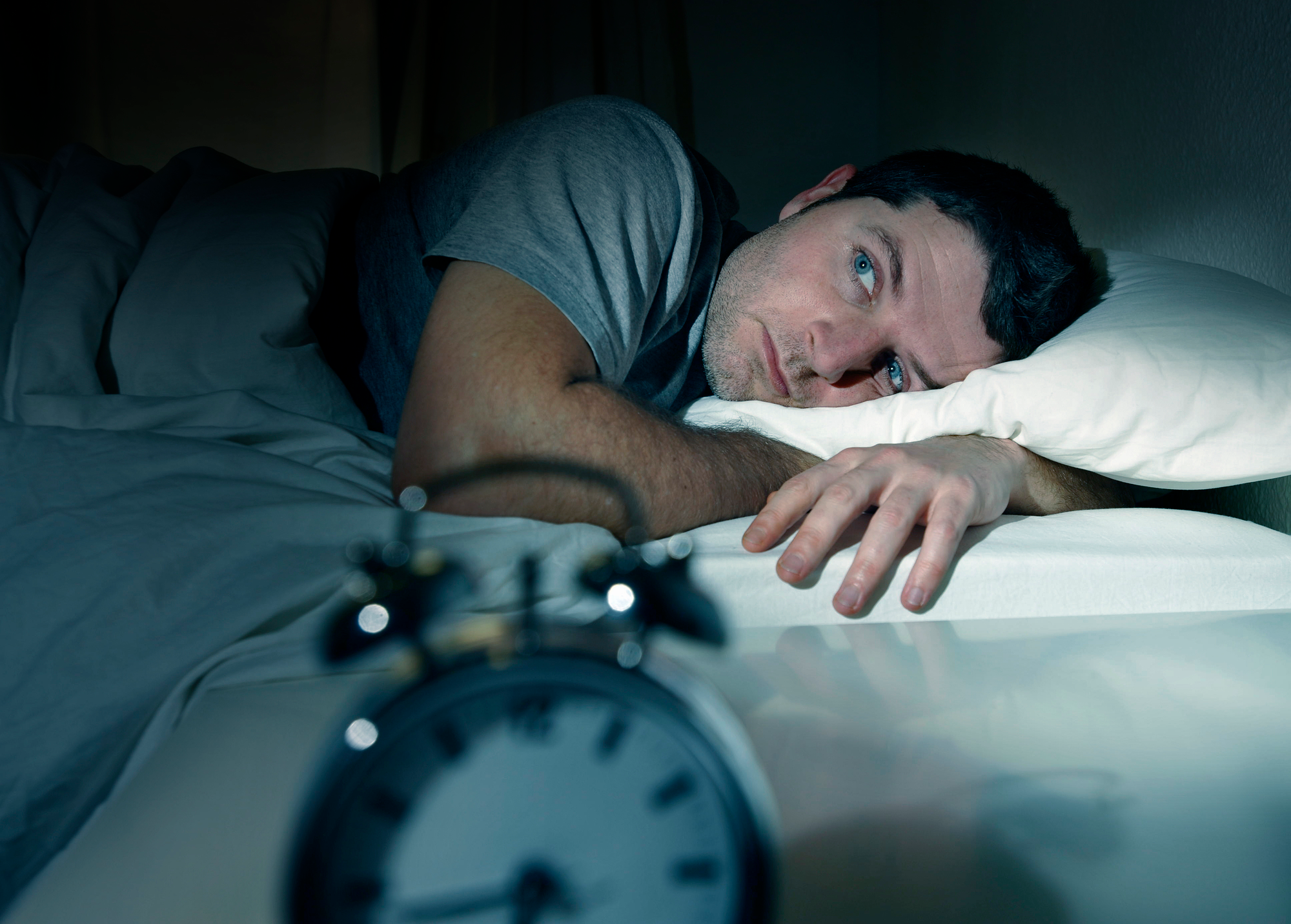Are there different types of sleep disorders?
Insomnia
Insomnia is a common sleep disorder characterized by problems falling asleep, staying asleep, or waking up way too early every morning. About one in three people in the United States experiences poor sleep at least once a week.
In general, insomnia is a sign of an underlying problem, such as anxiety or depression, stress, poor diet, or lifestyle habits.
Sleep-disordered breathing
Sleep-disordered breathing commonly refers to sleep apnea, a condition that affects your ability to breathe normally at night. If you have sleep apnea, you may stop and start breathing up to 100 times or more in a single night.
Narcolepsy
Narcolepsy is a serious sleep disorder characterized by extreme daytime fatigue and sudden attacks of sleep. What makes narcolepsy frightening is that an attack of sleep can happen at any time, even when you’re driving. Many people with narcolepsy experience sudden loss of muscle tone and sleep paralysis.
Other conditions associated with sleep quality include depression, anxiety, alcohol addiction, and bipolar disorder.
How are sleep disorders diagnosed?
A comprehensive physical exam is needed to properly diagnose certain sleep disorders, such as sleep apnea and narcolepsy.
For a narcolepsy diagnosis, you may also need a polysomnogram and sleep latency tests, in addition to sleep disorder questionnaires such as the Epworth Sleepiness Scale, which measures daytime sleepiness.
How are sleep disorders treated?
Therapy
Cognitive behavioral therapy (CBT) to help change negative thought patterns and behaviors that may prevent you from falling or staying asleep. CBT is especially helpful if you suffer from insomnia, whether or not your sleep problems stem from an underlying issue such as depression or anxiety. Because CBT doesn’t have the side effects that medications have, it can provide lasting relief to your sleep concerns.
Medication
The type of medication you use depends on your sleep disorder. If you suffer from narcolepsy or sleep apnea modafinil, helps minimize daytime sleepiness. Meanwhile, certain antidepressants can help you fall and stay asleep if you have insomnia. When combined with routine therapy, medication can help improve your sleep quality.

